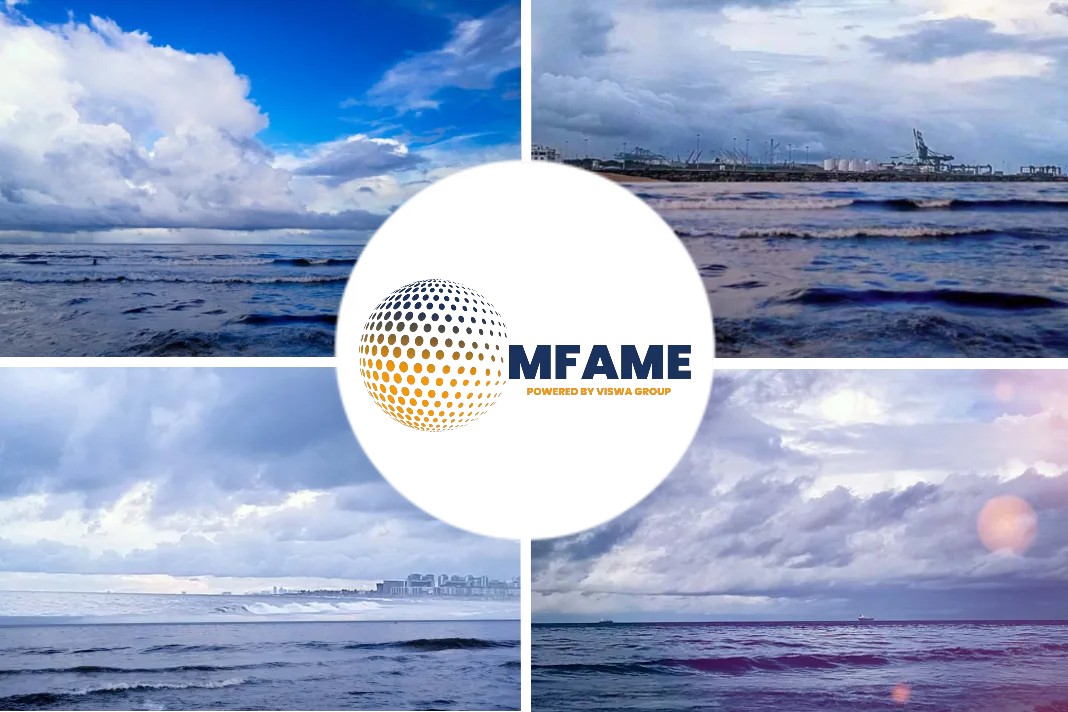- Wallenius Wilhelmsen takes a significant step towards reducing emissions from our vessels.
- Wallenius Wilhelmsen is the first global shipping company to adopt a fully AI-based approach to voyage optimization.
- Having implemented livestreaming of vital data onboard 65 vessels, this new approach will help reduce fuel consumption by up to 10 percent.
A Wallenius Wilhelmsen news source deals with the significant step towards reducing emissions from our vessels.
Way towards zero emissions
“It is a significant step on our way towards zero emissions,” says Geir Fagerheim, SVP Marine Operations at Wallenius Wilhelmsen.
Wallenius Wilhelmsen has set ambitious targets to reduce emission by 27.5 per cent by 2030. “Half of this reduction will have to come from existing vessels. We are diligently working to find emission-friendly solutions for our existing fleet. This partnership is one of several that will help us reach the reduction target. We aim to implement this next-generation voyage optimization solution for increased vessel efficiency across our entire fleet,” says Fagerheim.
Wallenius Wilhelmsen has been working with Athens-based maritime technology company DeepSea to rigorously test and further develop its vessel performance software over the last 18 months. DeepSea is a world-class team of AI researchers, engineers and sector experts, with specialist knowledge in the use of machine learning and AI (artificial intelligence) on a mission to make shipping more efficient.
Significant investments in its IT and cloud infrastructure
For the past three years, Wallenius Wilhelmsen has made significant investments in its IT and cloud infrastructure and has been working on installing sensors onboard vessels to obtain the data relevant for cutting back fuel consumption. These sensors monitor vital vessels’ operational parameters such as fuel consumption, shaft power, speed, electricity consumption and more.
“We can now harvest this data using cloud technology, then run it through a complex mathematic model which, with the help of AI technology like that from DeepSea, ultimately provides the vessel captain with detailed instructions regarding optimal route and vessel speed. These tools give instructions foreseeing sailing conditions with great precision when correlated with weather forecast prognosis updates. No human being, no matter how many years of experience they have, can compete with these automated sailing instructions. It reduces emissions, it reduces fuel consumption, and it increases safety during operation,” says Fagerheim. “It is a win-win in all aspects of sailing.”
DeepSea is impressed with how Wallenius Wilhelmsen has worked on this project in close cooperation with their AI-experts. “It has been a pleasure working with Wallenius Wilhelmsen on this – it is a milestone moment for the real-world application, and proven impact, of AI in maritime. Not only are we becoming a key part of Wallenius Wilhelmsen’s decarbonization strategy, we are also working with professionals who truly want to contribute towards reducing fuel consumption, thus promoting a greener shipping industry altogether,” says Roberto Coustas, CEO at Deepsea.
Did you subscribe for our newsletter?
It’s Free! Click here to subscribe!
Source: Wallenius Wilhelmsen
















